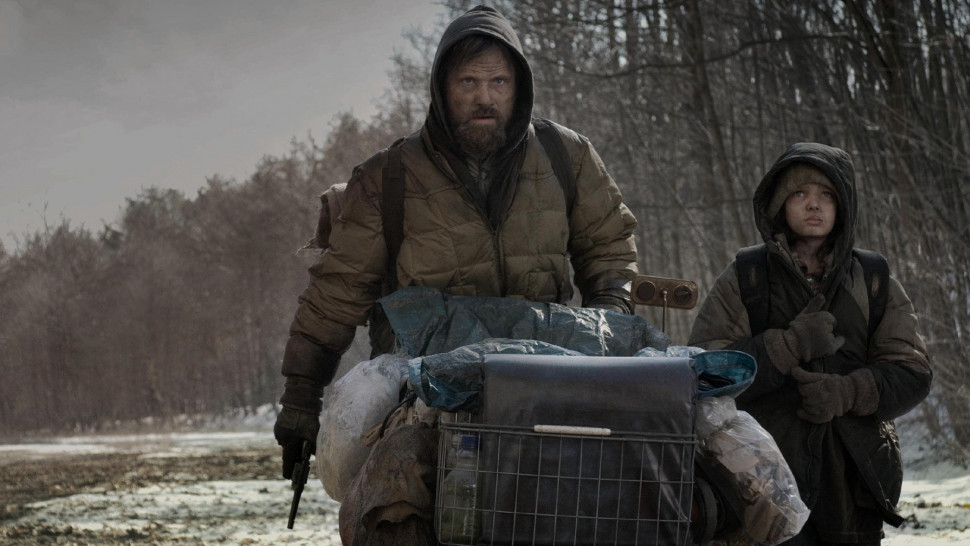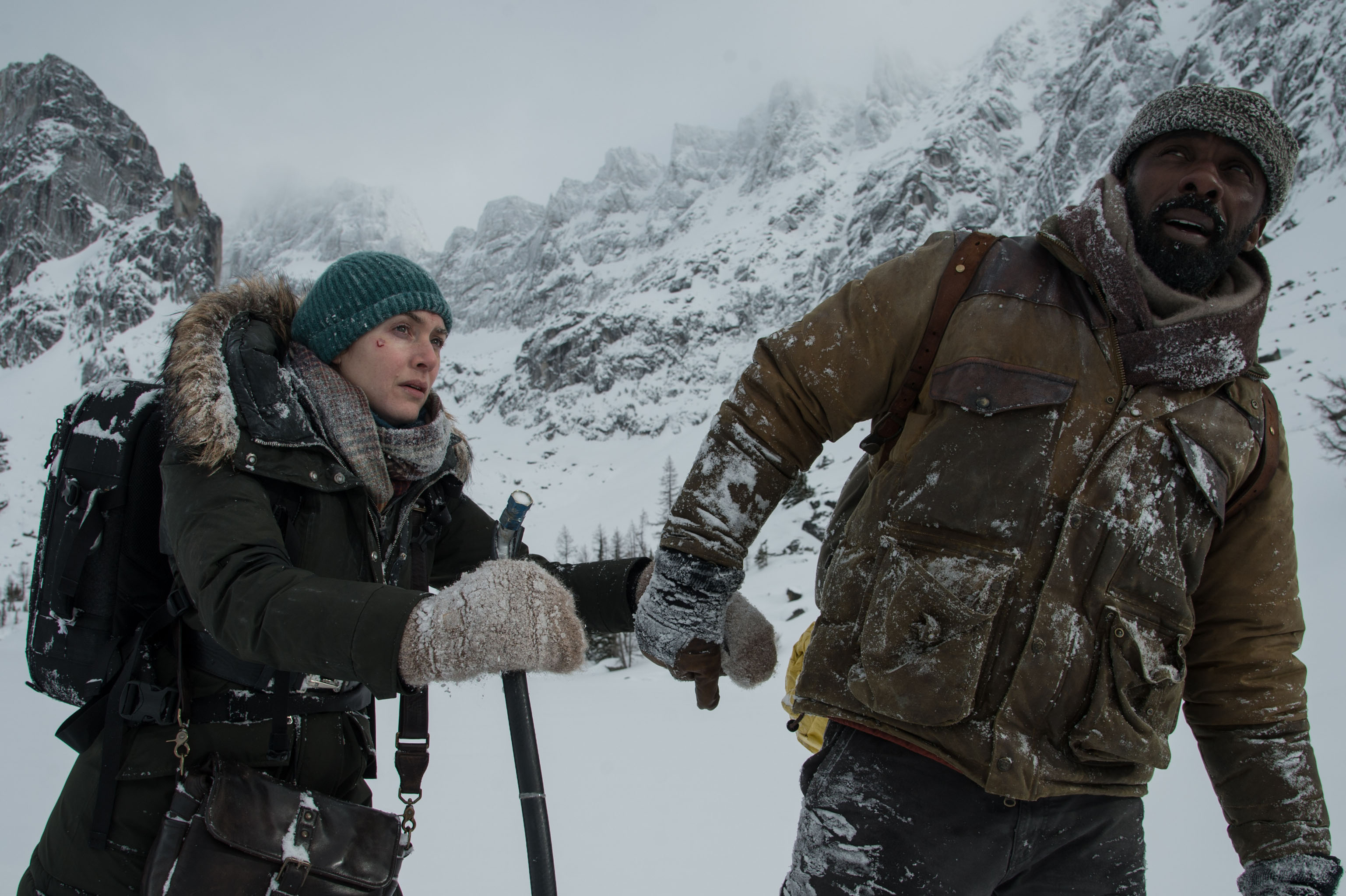Film Review: Cold Road (2023) – A Chilling Survival Thriller on the Northern Highway
Cold Road (2023), directed and written by Indigenous Canadian filmmaker Kelvin Redvers, is a taut, atmospheric thriller that plunges viewers into a nightmarish journey across the icy highways of Northern Canada. Combining elements of suspense, social commentary, and Indigenous storytelling, the film presents a haunting portrait of isolation, fear, and perseverance against overwhelming odds.
The story follows Tracy (portrayed with intensity by Roseanne Supernault), a young Indigenous woman who sets out on a long, dangerous road trip to reach her dying mother back on the reserve. Accompanied only by her loyal dog, Pretzel, and armed with determination and a sense of duty, Tracy begins a solo 12-hour drive through the desolate winter landscape of northern Saskatchewan. What begins as a quiet, emotionally charged journey quickly turns into a terrifying ordeal when she realizes that a massive semi-truck is following her — not by accident, but with malicious intent.

Trapped between remote gas stations, long stretches of frozen roads, and no help in sight, Tracy finds herself locked in a deadly cat-and-mouse game. As the truck stalks her through the vast darkness, she must rely on her instincts, resilience, and cultural roots to survive.
One of the film’s most powerful elements is its setting. The northern Canadian wilderness becomes an oppressive character in its own right — vast, cold, and unforgiving. Cinematographer Daniel Everitt-Lock captures the brutal beauty of the landscape with sweeping shots of snow-covered roads and eerie, fog-shrouded forests. The film’s visuals heighten the sense of claustrophobia, even in open spaces, as Tracy’s isolation becomes more intense with every mile.

Roseanne Supernault delivers a gripping performance as Tracy. Her portrayal is emotionally layered: she begins the film anxious and vulnerable, but gradually transforms into a figure of strength and fierce determination. Her connection to her Indigenous identity is subtly woven throughout the film, not only grounding her character but also offering a deeper cultural resonance.
Director Kelvin Redvers, himself from the Deninu Kųę́ First Nation, brings authenticity and urgency to the narrative. While Cold Road functions as a high-stakes thriller, it also echoes the real-world fears surrounding the Missing and Murdered Indigenous Women and Girls (MMIWG) crisis in Canada. The unseen, faceless truck driver becomes a symbol of the many threats Indigenous women face — threats that are often ignored or dismissed.
The film’s pacing is steady, allowing suspense to build gradually. Some critics have noted that the heavy use of voiceover and monologue in the first act leans into exposition, but these choices serve to reveal Tracy’s emotional state and her strained family relationships. The growing silence later in the film is all the more impactful as it reflects her psychological unraveling and survival focus.

In conclusion, Cold Road is more than just a thriller — it's a statement. With its chilling premise, strong performances, and cultural depth, the film stands out in the Canadian cinematic landscape. It tells a gripping survival story while highlighting an ongoing social issue with sensitivity and power. Cold Road is a harrowing ride you won’t easily forget.



